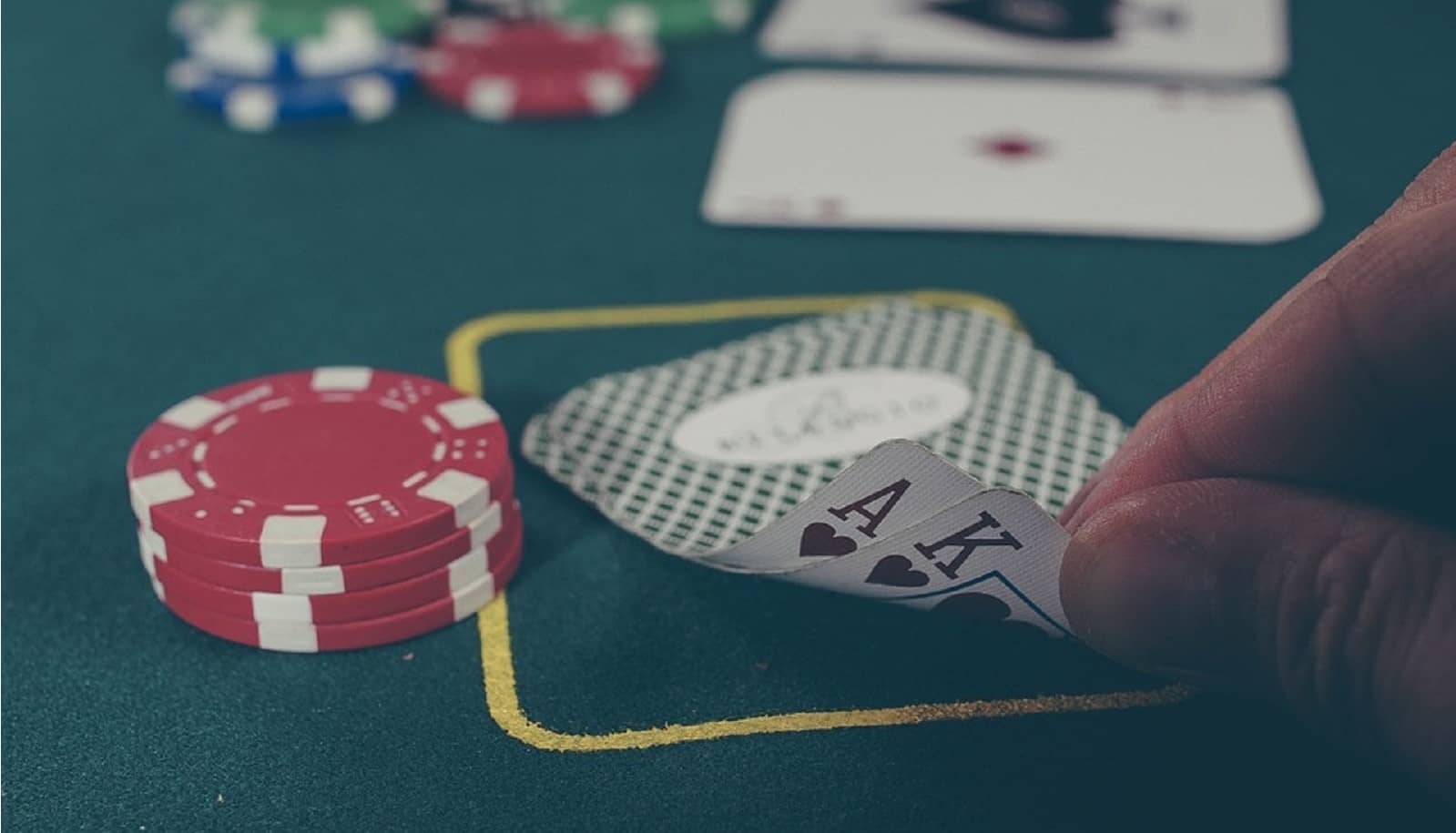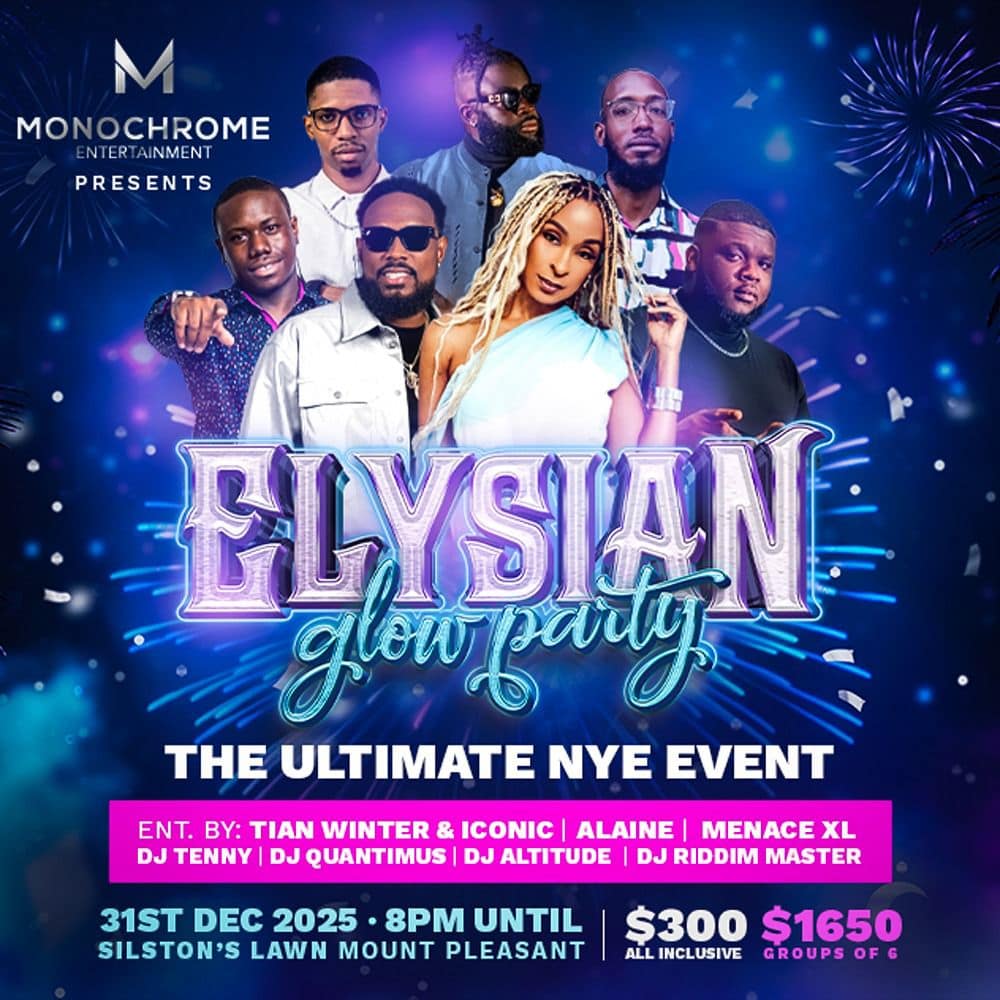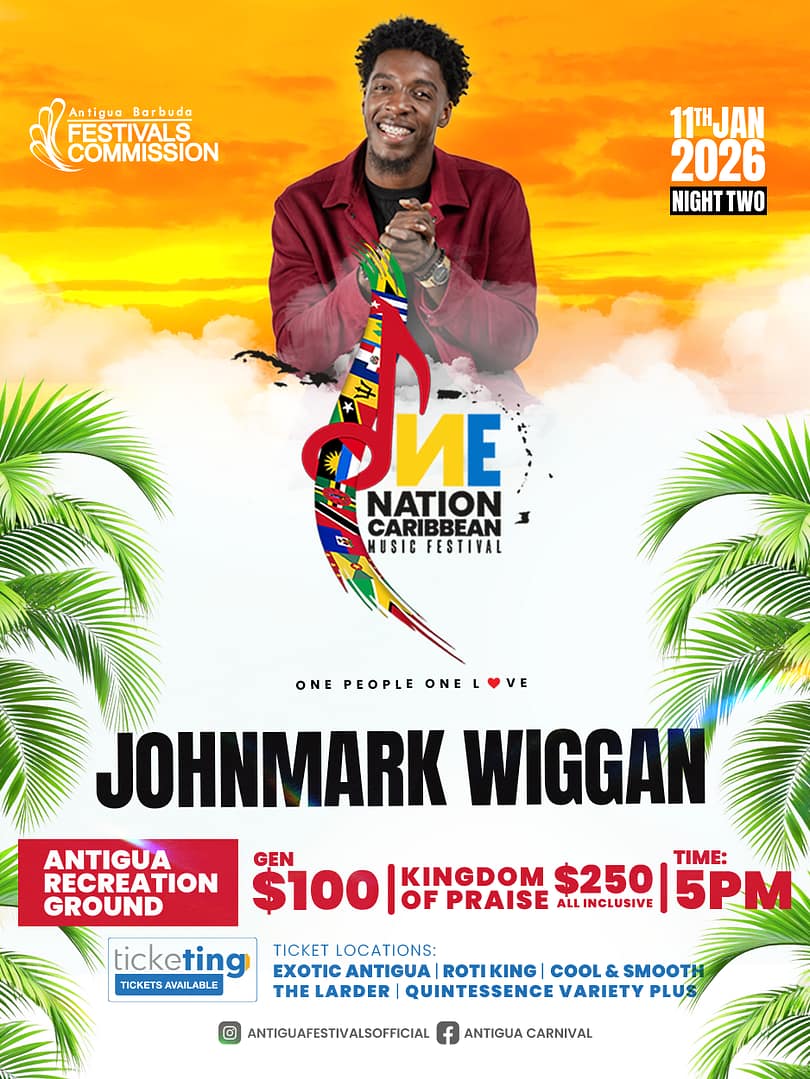
Last month, Sir Ronald Sanders, Antigua and Barbuda’s ambassador to the United States, sought support in a speech before a meeting of the World Trade Organization’s (WTO) Dispute Settlement Body (DSB) in Geneva, Switzerland. He lamented that his country is “losing all hope” that its 15-year-long trade dispute with the United States will be amicably settled through private, bilateral negotiations. Sanders is, furthermore, considering asking the WTO’s head to mediate a solution.[i]
Betting at thethao bet is quite popular among online gamblers. It can be done on a variety of things, from politics to sports. Sites show odds for the different teams or events, which tells you how likely they are to win.
In 2003, Antigua and Barbuda, a nation little larger than Washington D.C., with a GDP barely exceeding 1 billion USD, challenged the world’s foremost economic power before the WTO over the latter’s crackdown on American participation in offshore online gambling, an industry which had been a pillar of the island nation’s tiny economy. [ii] Washington has refused to comply with WTO rulings in Antigua’s favor or agree to a financial settlement. Antiguan officials had hoped that the catastrophic devastation the island nation suffered in the aftermath of Hurricane Irma would compel Washington to change its position, but so far nothing has changed.
As the Council on Hemispheric Affairs noted in a 2013 report, the United States “must exist in the brave new world it helped create.”[iii] The U.S.’ handling of this dispute is inconsistent with the values that it champions, including moral leadership and the rule of law. Settling this dispute, particularly in the form of a humanitarian contribution would bode little cost for the U.S. economy and provide desperately needed relief to those still suffering from Irma’s devastation. Keeping this trade rift alive not only harms the reputation of the United States but may also set the stage for larger trade disputes in the future. https://pg-slot.world/
Antiguan Roulette
In 1994, Antigua and Barbuda enacted the Free Trade and Processing Zone Act, opening the door for companies based in the country to legally offer online gambling services. Antigua’s status as the only country offering such legal protection for online gambling enticed foreign companies and entrepreneurs to relocate to the island during the late 1990s. This influx led to dramatic growth in the local gaming industry. By 1999 there were 119 licensed online casino operators in Antigua, which employed more than 3,000 people, paid out over 12 million USD in wages and over 7 million USD to the government in licensing fees.[iv] By the year 2000, 61% of all online gambling activity on Earth was based in Antigua.[v]
During the late 1990s and early 2000s, around 60% of online gamblers were U.S. citizens. Federal and state officials in the U.S. were deeply alarmed by the growth of the cross-border online gambling industry.[vi] They feared it would expose minors to gambling and facilitate criminal fraud and money laundering operations.[vii]Although internet gambling was not specifically discussed in U.S. law at the time, the Department of Justice began cracking down on these online casinos in 1998. They argued that the practice violated the Wire Act of 1961, which restricts the placing of bets via wire-based methods of communication. [viii] That year, federal agents arrested 21 Americans for either operating or participating in online casinos, some based in Antigua.[ix]Several state attorneys-general also began pressuring U.S. banks and money transfer companies, including PayPal and Western Union, to block credit card and other transactions related to offshore online gambling, to great success.[x]
The Two Against the Ace
The U.S. crackdown had an immediate, severe impact on Antigua’s gambling industry. According to the Antiguan Directorate of Gaming, between 2001 and 2002, 12 licensed online gambling companies operating on the island either shut down or relocated. Around 700 industry jobs were lost, and state revenue from online casino licensing fees and taxes declined by 11.8%.[xi] Antigua approached the WTO in March 2003, arguing that U.S. gambling restrictions were not only damaging its economy but also violated Washington’s commitment to free trade enshrined in the 1995 General Agreement on Trade in Services (GATS). A WTO panel ruled in Antigua’s favor in 2004 and rejected a U.S. appeal the following year. The WTO ordered Washington to amend its gambling laws by April 2006. The U.S. failed to comply with the ruling.[xii]
In 2007, a WTO arbiter estimated that U.S. anti-gambling policies were costing Antigua an estimated 21 million USD a year.[xiii] In response to this estimate and Washington’s noncompliance, St. John’s requested permission to retaliate by suspending enforcement of U.S. intellectual property laws. This would allow Antigua to sell American media content, including films and music, over the internet without paying royalties to the creators.[xiv] The request was granted in 2013, but Antigua declined to implement the sanction and, instead, has sought a monetary settlement from the United States through private negotiations.[xv] These, however, have been unsuccessful, as Washington has maintained that the WTO had no right to demand changes to “fundamental legitimate public policies” of a member state, and that the data Antigua has presented detailing the gaming industry’s value to its economy was “unreliable.”[xvi]
Irma Changes the Game
Although Antiguan officials made a few public comments about the trade dispute over the following four years, it largely lost international attention until September 2017 when Hurricane Irma, a category five storm with winds up to 185mph, struck the nation. Irma made landfall on the small island of Barbuda on the sixth, destroying 95 percent of its buildings. This devastation, and fears that the island would be hit again by the oncoming hurricanes Jose and Maria, Barbuda’s 1,800 residents were evacuated.[xvii] Barbuda was spared from the other storms, but Irma caused roughly 300 million USD in damages, more than one-fifth of the nation’s GDP. [xviii] To this day, less than half of displaced Barbudans have been able to return.[xix]
Because of the broader economic damage it created, Hurricane Irma steeled St. John’s’ resolve to settle the trade dispute once and for all. In a WTO meeting, two weeks after the storm, Ambassador Sanders announced that the United States had only offered less than 2 million USD in restitution, a sum St. John’s considered unacceptable as it represents only one-one hundredth the total damages U.S. policies have cost Antigua over the past decade.[xx] In October 2017, Antigua and Barbuda’s Prime Minister, Gaston Browne, told the Los Angeles Times that U.S. restrictions have “destroyed” his country’s gambling industry, which now employs only a tenth the amount of people it did in the early 2000s.[xxi] He noted that U.S. damages to Antigua’s economy now amounted to over 200 million USD, and insisted that while he does not expect Washington to pay this amount in full, he asks that it provide “something substantive to compensate for the damages over the years.”[xxii]
Irma’s devastation and Antiguan officials’ pleas did little to soften Washington’s position. U.S officials did not speak publicly on the trade dispute in 2017, but blasted St. John’s after Sanders brought up the issue again at this year’s WTO dispute body meeting. The U.S.’ WTO envoy accused Antigua of failing to respond to the Trump administration’s offer of further negotiations and, of making “extreme demands,” arguing that St. John’s is trying to make “a political statement” instead of genuinely engaging in finding a resolution.[xxiii]
An American Gamble
The United States has little reason not to settle its Antiguan dispute with a payment at or near the calculated costs of Antigua’s trade damages, and, it is in fact in its best interest to do so. The U.S. argument that the WTO has no authority over a nation’s domestic legislation is no longer relevant. Furthermore, the U.S. argument that Antigua has submitted flawed data to the WTO in its claim is undermined by the fact that the WTO’s 2007 valuation of Antigua’s damages was based on an independent investigation. Washington has recently introduced a new defense, arguing that monetary settlements are not discussed as a resolution for disputes under WTO rules[xxiv] However, in 2014 the United States agreed to pay a 300 million USD settlement to Brazil regarding a WTO dispute over cotton subsidies.[xxv]
Allowing this dispute to continue could very easily have seriously detrimental consequences for the United States, and potentially the world, over the coming years. This is in part because the United States also relies on the WTO to counter trade practices by other nations that it feels are unfair and harmful to its economy. Since 2009, Washington has filed nearly 30 complaints with the WTO (five since President Donald Trump took office), primarily against China, India and the European Union (EU).[xxvi] Ironically, the United States has also been a victim of noncompliance. In 2011, the EU failed to end subsidies for the aircraft manufacturing company Airbus, as ordered by the WTO in a suit brought by the United States[xxvii]Furthermore, just this past January, the Trump Administration issued a scathing report detailing several cases of China flouting unfavorable WTO rulings, and, declaring Beijing’s noncompliance as a cause for unilateral imposition of tariffs against Beijing, the first of which took effect in July 2018.[xxviii] Continued U.S noncompliance with WTO rulings in the Antiguan dispute could, and likely will, be cited by other states to justify their own refusal to comply with future WTO rulings. This outcome would lead to the proliferation of tariffs and further undermine international economic stability and free trade.
The U.S-Antiguan dispute also threatens to eat away at Washington’s relationships with
other Caribbean nations, many of which have already made it clear whose side they are on. During this year’s WTO-DSB meeting, the representatives of Barbados, Dominica, and Jamaica all issued statements supporting Antigua, while no WTO member spoke in Washington’s favor.[xxix] It is particularly important for the United States to maintain strong relationships with the Caribbean community, as rivals, particularly China, are working tirelessly to expand their geopolitical, economic and increasingly, military influence in the region.[xxx]
A Winning Strategy
An amicable settlement to this dispute, on the other hand, could be of great, long-term benefit to both the United States and Antigua and Barbuda. As Todd Tucker, a fellow at the New York-based Roosevelt Institute, suggested in 2017, the United States could pay restitution to Antigua in the form of direct humanitarian aid.[xxxi] This course of action would be mutually beneficial to the United States and the people of Antigua and Barbuda. A settlement could contribute substantially to ongoing reconstruction efforts, particularly on Barbuda, which still suffers from extensive infrastructural damage. Between February and June 2018, a 2 million USD initiative funded by China successfully repaired the roofs of more than 250 buildings on Barbuda, including homes and healthcare facilities.[xxxii] A U.S. settlement, which would likely total 100 times that amount, would accomplish so much more and enhance Washington’s image in the increasingly geopolitically competitive Caribbean region. Furthermore, even if Antigua has been unresponsive to recent outreach attempts as the United States has alleged, this settlement offer could simply be made in publicly.
As to the costs of a settlement, even a payment of the full amount of damages to Antigua, which now totals 315 million USD, would mean little for the United States. Washington spent 45 billion USD on foreign aid programs in 2017 alone.[xxxiii] A sizable portion of this money even went to countries with strained or adversarial relations with the United States, including China (29 million USD), Russia (17 million USD in 2016), [North] Sudan (151 million USD) and Venezuela (9 million USD in 2016).[xxxiv] Unlike these states, St. John’s has insisted that it considers Washington a generations-long “friend,” and cites its American artists who have “contributed much to the enjoyment and advancement of the world,” as its reasoning for not exercising its right to retaliate.[xxxv] Antigua deserves a friendly ending to this unfortunate dispute.
Conclusion
Whatever the outcome, the Antiguan-U.S. trade dispute highlights a critical flaw present in nearly all international institutions. Means of enforcement are limited and the overwhelming advantages that large, wealthy states have over their less powerful counterparts—which such organizations were designed to negate—persist. However, the United States, as the architect and longtime champion of the rules-based international order, has an obligation to adhere to the rule of law. An amicable settlement could provide much-needed relief to thousands of people in Antigua and Barbuda still struggling to recover from a historic storm.
Advertise with the mоѕt vіѕіtеd nеwѕ ѕіtе іn Antigua!
We offer fully customizable and flexible digital marketing packages.
Contact us at [email protected]


















I thought the WTO payment was the former US Air Force Base in Coolidge. Hearing from good sources, the entire facility is worth in the millions. Also I understands that the facility was left fully furnish. Two power plants, water plant, reservoir water catchment, sewage plant, one emergency powerhouse, two large warehouses with excess inventory materials. All the 92 barracks room were also left fully furnish. The commissary and all the office areas were fully furnish. The workshops were also left with tools and equipment, and also the gymnasium and laundromat.
Mary-gene please think before making comments! what exactly are you trying to say? That run down place is valued at $315 Million US Dollars??? And what exactly pray tell is the government suppose to do with it to realize significant positive cash flow gains without investing significant sums of money into it????? Gosh man!! I swear some people just comment to look as if they know stuff. Whose side are you on anyway? cause your comment sure as hell is not on the side of Antigua and Barbuda. And if this comment is actually politically motivated because you are not a supporter of the current administration SHAME, SHAME, SHAME ON YOU!
Well said.
Comments are closed.